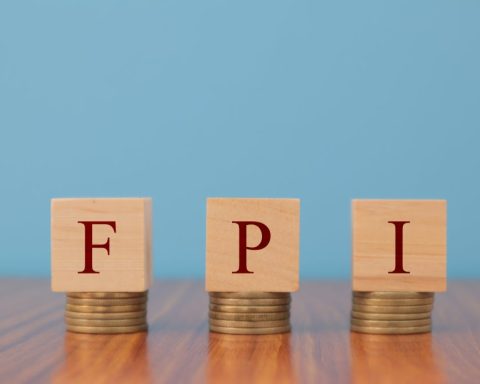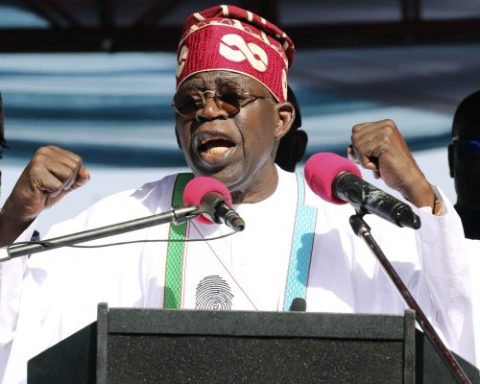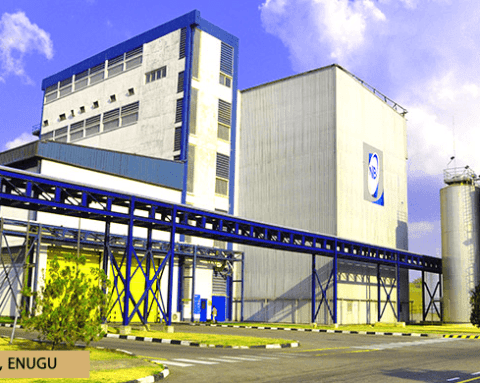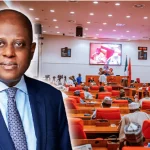Nigeria’s foreign direct investment (FDI) has indeed experienced a sharp decline, dropping by 70.06 per cent in the first quarter (Q1) of 2025 to $126.29 million, down from $421.88 million in Q4 2024.
This is even at the country recorded a 67 per cent year-on-year rise in total capital in the period under review.
Join our WhatsApp ChannelThis was revealed in the recent report released by the National Bureau of Statistics (NBS).
The total capital importation into Nigeria rose to $5.64 billion in Q1 2025, up from $5.09 billion in the same quarter of 2024.
The sharp decline in FDI indicates that foreign investors tilted towards short-term portfolio investments, particularly in money market instruments like treasury bills and government bonds, which accounted for 74.6 per cent ($4.21 billion) of total capital inflows.
Analysis of the data showed that 90 per cent of these inflows went into short-term money market instruments, rather than equity or direct investments.
This trend indicates foreign investors are prioritizing high-yield, volatile instruments over long-term commitments to sectors like infrastructure or manufacturing.
FDI represented just 2.24 per cent of total capital inflows in Q1 2025, down from 8.29 per cent in Q4 2024 and 3.53 per cent in Q1 2024
The telecom sector, which had been regarded as a traditional FDI magnet, saw inflows drop 58 per cent year-on-year to $80.78 million, attributed to regulatory hurdles, multiple taxation, and insecurity.
Broader Economic Implications
The reliance on “hot money” raises sustainability concerns, as such flows, according to analysts, can reverse quickly during economic or political instability.
While FDI showed a modest 5.97 per cent year-on-year growth, from $119.18 million in Q1 2024, its decline as a share of total investment underscores structural challenges in attracting stable, job-creating capital.
The FDI decline signals deeper issues, including regulatory bottlenecks, macroeconomic instability, and investor skepticism, which could hinder Nigeria’s economic diversification goals. While short-term capital inflows provide liquidity, sustainable growth requires reforms to revive FDI in critical sectors like telecoms, energy, and manufacturing.
Victor Ezeja is a passionate journalist with seven years of experience writing on economy, politics and energy. He holds a Master's degree in Mass Communication.













